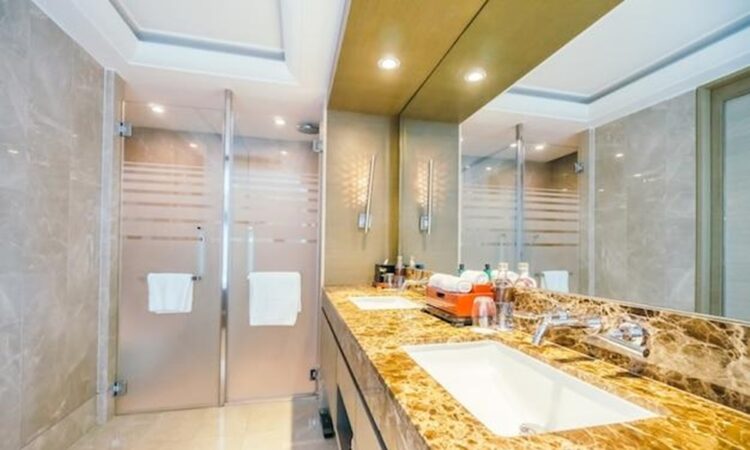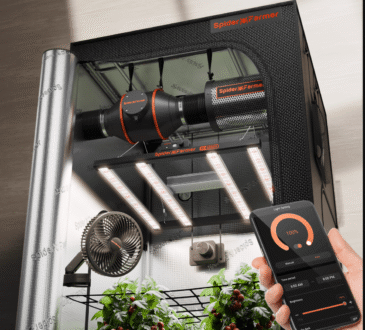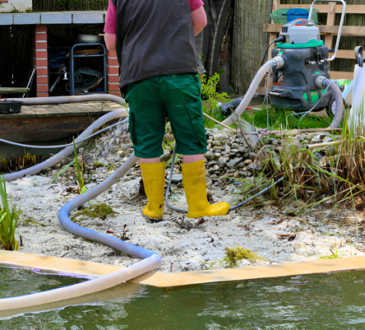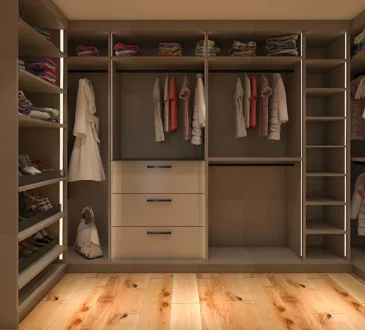
Completely transforming your bathroom from outdated fixtures and designs to a stylish modern oasis is an exciting project. However, a complete bathroom remodel can also be quite an investment. It’s important to do your research and set a realistic budget before starting any remodeling work. In this guide, we’ll break down the typical costs you can expect for various bathroom remodeling elements and provide tips on budgeting for your next bathroom upgrade.
Determining the Scope of Work
The first step is to assess exactly what you hope to change or improve in your bathroom and determine the overall scope of work. You need to consider if you are simply wanting to replace some old fixtures, update the vanity, or do a full gut renovation that overhauls everything. The more extensive the project, the higher the overall costs will likely be. Some common bathroom remodels elements to consider include fixtures (sink, toilet, bathtub/shower), vanity (cabinetry and countertop), flooring, walls and ceiling (repair, retiling), lighting/electrical work, plumbing (pipes, supply lines), HVAC (ventilation fans, heaters), additional storage/shelving, and custom cabinetry or built-ins.
Budget Basics and Cost Ranges
On average, a basic bathroom remodel that only involves fixtures, flooring, and paint can range from $5,000 to $15,000 depending on the materials used. Mid-range complete bathroom makeovers that overhaul most elements tend to fall between $15,000 and $30,000. High-end luxury bathroom transformations with luxury finishes, custom designs, and high-end fixtures regularly run $30,000 to $75,000 or more. The national average cost for a mid-range complete bathroom remodel is around $21,000 according to Remodeling Magazine’s 2020 Cost vs. Value report.
Additional Expenses to Plan For
Some typical costs you can expect for common bathroom remodel elements include fixtures (sink, toilet, bathtub, or shower): $500-$5,000 total depending on brand/style. Vanity: $500-$3,000 depending on size, materials, and custom features. Flooring (tile, wood, stone): $1,000-$5,000 for materials and installation. Wall surface (tile, panels): $1,000-3,000 to retile or add surface materials. Mirror and medicine cabinet: $100-$1,000 depending on size and features. Plumbing work: $500-$3,000 to update supply lines, drains, and water heater connections. Electrical work: $500-$2,000 to upgrade outlets, lighting and ventilation.
Getting Competitive Bids from Contractors
Once you’ve scoped out your project and estimated costs, it’s time to get competitive bids from licensed plumbing and general contractors. When selecting contractors, make sure to check they carry proper licensing and insurance, ask for references from past clients, get written itemized bids, and inquire about timelines and payment schedules upfront. You’ll likely receive a range in bids depending on contractor overhead – make sure to compare apples to apples.
Factor in Contingency Cash
It is highly recommended to set aside a contingency fund equal to 10-30% of your total estimated budget. Potential issues that may arise include rotted or damaged framing needing repair, blocked or damaged drain lines, undisclosed moisture or mold problems, HVAC ductwork repairs, and previous plumbing leaks requiring subfloor repairs. A good plumbing contractor can also help identify potential issues that may require specialized skills and equipment to resolve, which will impact costs. So their expertise and site visit is valuable during the estimating process.



